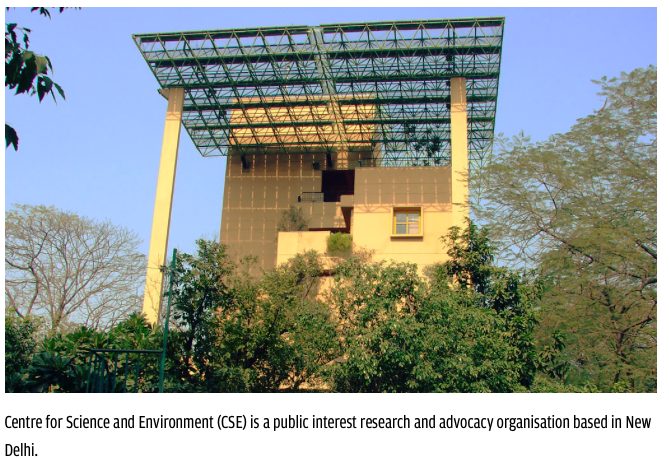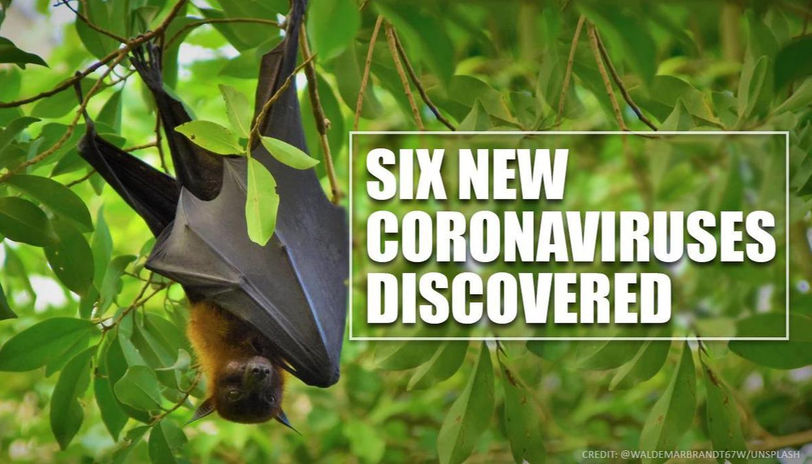Centre for Science and Environment (CSE) responds to statements from Dabur Emami and Patanjali on its investigation in honey adulteration
On December 2, 2020, Centre for Science and Environment (CSE) released its findings on the nefarious business of adulteration in honey, which is damaging people’s health.
Two of India’s big names in the business Dabur and Patanjali – have issued statements to the media on CSE’s findings. CSE responded to these statements today.
Regarding Dabur’s claim about maligning its brand and that its honey is NMR passed from Germany and is meeting Indian standards:
But CSE responded ” We stand by our findings. Our findings have revealed that 10 out of 13 brands have failed all tests of purity.
[splco_Shortcodesspacer]

[splco_Shortcodesspacer]
Most of these are big brands, including Dabur. This is not only about Dabur. In fact, we have talked about how smaller brands are also adulterated.
This is about the consumer’s health. We have shared detailed laboratory results of all samples on our website.
The NMR test report available on Dabur’s website and shared with media in support of the company’s statement is a report of the Bruker equipment/machine for NMR profiling.
Bruker is a company which developed NMR and promotes it. We would like to make the consumer aware that this is not a laboratory report, which involves expert interpretation of the information by the equipment.
In the case of NMR, it is critical that final conclusion on a sample’s adulteration is based on interpretation and confirmation by a laboratory expert on NMR.
Even the report shared by Dabur mentions that expert interpretation is necessary before deducing any conclusion.
On the other hand, CSE has shared the findings based on laboratory reports from Germany, which involves expert interpretation and confirmation of the data obtained by the machine/equipment. This is a universally accepted practice.
Furthermore, Dabur has shared the report of only one sample. Also, there is no mention of the batch number of the sample tested.
So, it remains unclear which batch is being talked about. On the other hand, we have provided three batch numbers of three samples tested of Dabur.
that is BM3463, with the date of manufacture of May 25, 2020; BM3589, manufactured on July 10, 2020; and BM3636, manufactured on August 5, 2020.
All three batches were found to be adulterated. In the absence of this information on laboratory test by the batch number, Dabur’s claim of purity is not tenable.
We have also noted that Dabur is constantly changing the language on its claims regarding NMR tests.
In earlier advertisements, it has said “NMR tested, pure honey”; as of today after the release of the CSE investigation Dabur is claiming “source NMR tested”.
“Is this jugglery another attempt to confuse the consumer?” asks CSE director general Sunita Narain.
Dabur’s claim about compliance with Indian laws is no surprise. That is what we have been saying that the business of adulteration is sophisticated.
The Indian labs testing for parameters set by the FSSAI could not detect this evolved adulteration.
The fact that samples deliberately adulterated by us by up to 50 per cent of syrups passed all Indian tests is a robust proof of this.
So, any claim of meeting all Indian standards actually holds limited value.









